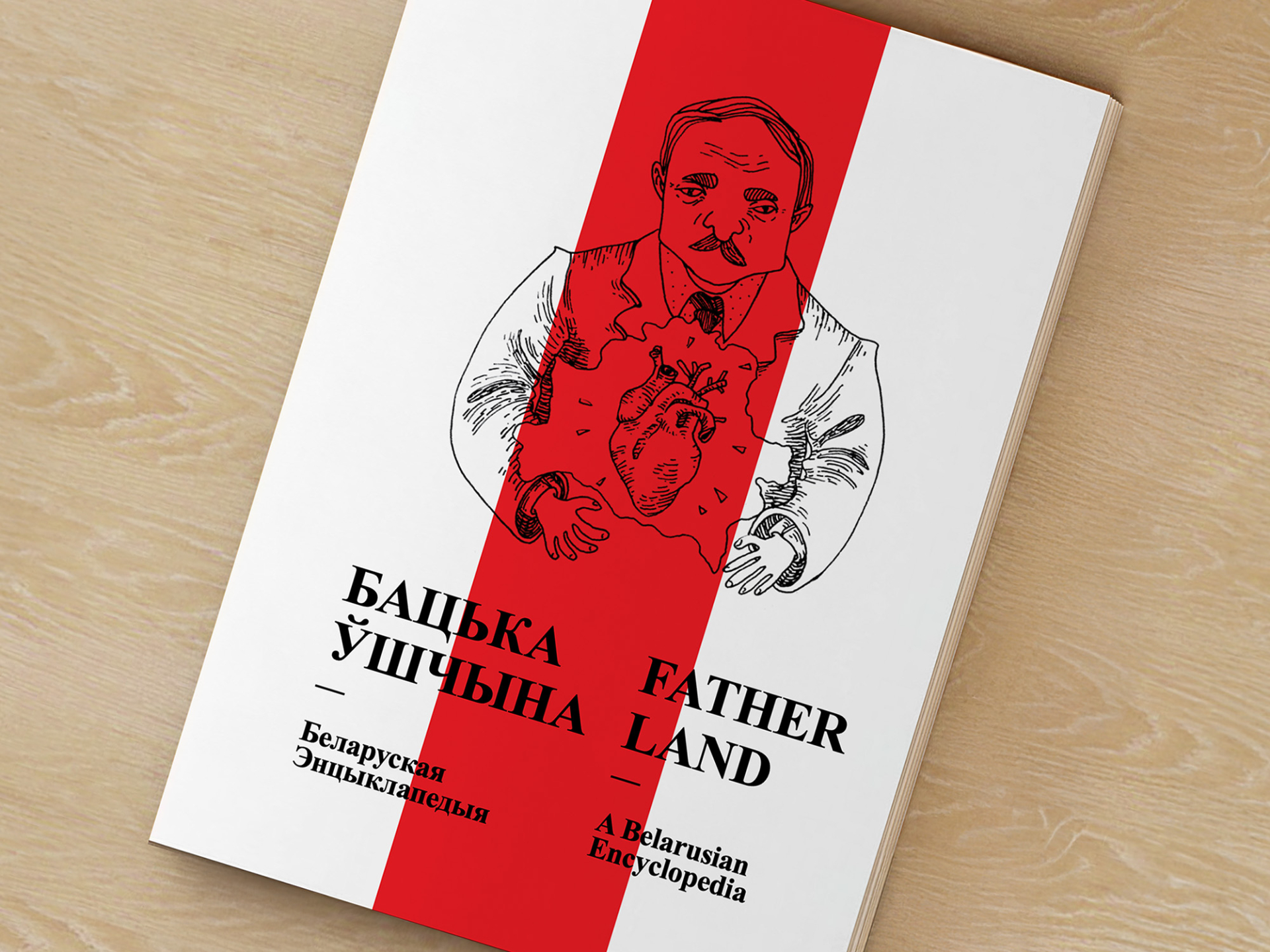
FATHERLAND: A Belarusian Encyclopedia
Download the publication here for free
Between 2016 and 2017, third- and second-year students at the European Humanities University in Vilnius embarked on a small research project. Together with visiting lecturer Peter Zuiderwijk, they explored their “Belarusian linguistic sense of place.” The result of this collaboration was Fatherland: A Belarusian Encyclopedia – a cultural and linguistic map of Belarus, woven together through words, phrases, and illustrations.
The European Humanities University (EHU) was originally founded in Minsk but was forced to close by the Belarusian government in 2004. Refusing to dissolve, it relocated across the border to Vilnius, Lithuania, where it continues to operate as a center for independent thought and education. EHU remains a vital space for students and faculty committed to academic freedom and critical inquiry, even in exile.
This encyclopedia gathers terms rooted in Belarus, reflecting the country’s culture, identity, and everyday practices. It’s not just a glossary of definitions but a collection of moments, attitudes, and behaviors that define Belarusian life. Through these entries, a mental map emerges—one that captures the common perceptions and specificities of a place shaped by history, language, and tradition.
Although Belarus has its own language, the daily reality is more complex. Most people speak Russian or Trasyanka, a hybrid of Belarusian and Russian. This encyclopedia does not dwell on the distinctions between these languages or the peculiarities of Belarusian elements within Russian. Instead, it focuses on how language reflects and relates to the land, describing local habits, objects, and cultural nuances that are uniquely Belarusian.
The duality of language in Belarus also speaks to broader historical forces—invasions, migrations, and the layered concept of arrival. For example, during the Communist era, the Avant-Garde sought to reshape language for a new era, coining “contracted” words that merged descriptions into functional terms. A bus stop, for instance, became “agricultural industrial and technical delivery for the district.” These linguistic innovations, while utilitarian, reflect how speech and identity are inextricably tied to the environment and historical context.
Language is difficult to formalize, yet it remains deeply connected to the people who see, think, do, and speak. Fatherland: A Belarusian Encyclopedia offers a lens into this evolving relationship, preserving the linguistic and cultural essence of Belarus through the voices of its people.
The project was facilitated by Alla Pigalskaya from EHU, with an earlier version of the workshop co-led by Indre Klimaite. To protect individuals in light of the current situation in Belarus, all names of students have been anonymized.












